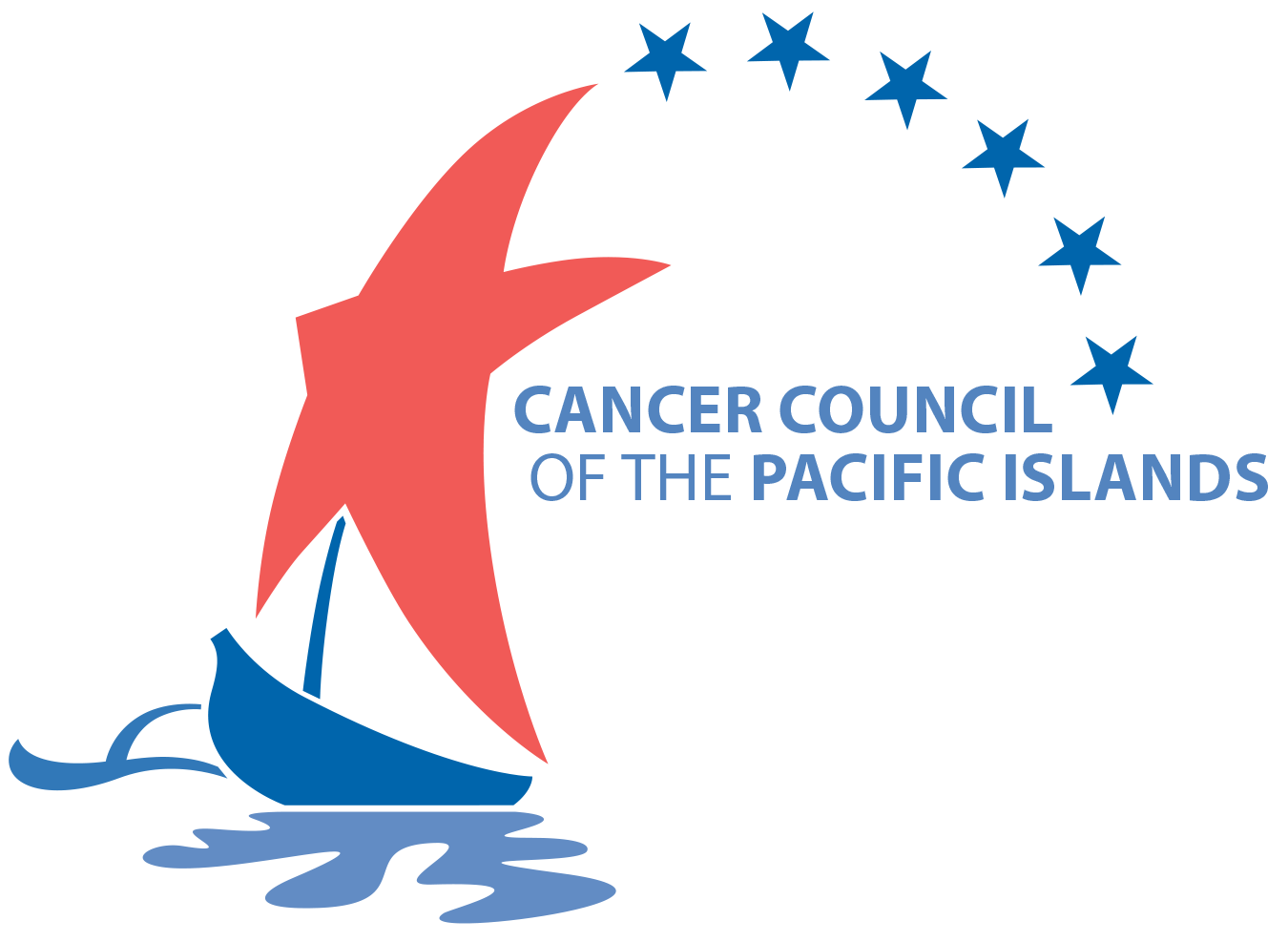 The Cancer Council for the Pacific Islands (CCPI) developed the first Regional Comprehensive Cancer Control (RCCC) 5-year Plan 2007-2012 by November 2006. This was followed by the second and third 5-year-plan (2013-2017; 2017-2022), and the current one, which is for 2022-2027. The latest 5-year regional plan (2022-2027) is available to DOWNLOAD IN PDF.
The Cancer Council for the Pacific Islands (CCPI) developed the first Regional Comprehensive Cancer Control (RCCC) 5-year Plan 2007-2012 by November 2006. This was followed by the second and third 5-year-plan (2013-2017; 2017-2022), and the current one, which is for 2022-2027. The latest 5-year regional plan (2022-2027) is available to DOWNLOAD IN PDF.
RCCC advocates for U.S. Affiliated Pacific Islands (USAPI) and CCPI resource development in cancer and non-communicable disease (NCD) prevention among U.S. National, Regional, and International organizations, including the World Health Organization (WHO), and the Secretariat for the Pacific Communities (SPC). The individual USAPI Comprehensive Cancer Control (CCC) Programs contribute to the RCCC, enabling the membership to meet at least twice a year to address regional cancer priorities.
Long term Regional goals include developing a sustainable regional collaboration to oversee cancer control efforts and set minimum recommended indicators for cancer control, developing a regional cancer registry, and developing local capacity for effective CCC program planning, implementation, and evaluation, developing systems of care that are culturally- and resource appropriate, and promoting rational policies addressing the social determinants of health, and health disparity, and common risk factors for cancer.
The strategies outlined in this plan are comparatively short-term (2-10 years) and focus on:
These regional, overarching objectives and strategies complement the jurisdiction CCC plans, which contain specific prevention, health promotion, screening / early detection, treatment and quality of life strategies that are community-based, collaborative, especially in health promotion and prevention, and designed to work for their particular unique situation.
Implementation of the RCCC plan involves collaboration with other regional affiliate organizations of PIHOA as the region moves to improve basic public health infrastructure, which includes capacity in different areas that impact the control of NCDs, including cancer. Effective collaboration, shared vision, an agreed-upon structure for decision-making, representative / equal voting, informed decision making, shared decision making, open communication, and clearly defined roles and responsibilities are significant operating principles established and utilized by the CCPI to address cancer properly.
In 2017, the CCPI established the following five-year goals for the 2017-2022 RCCC Plan: